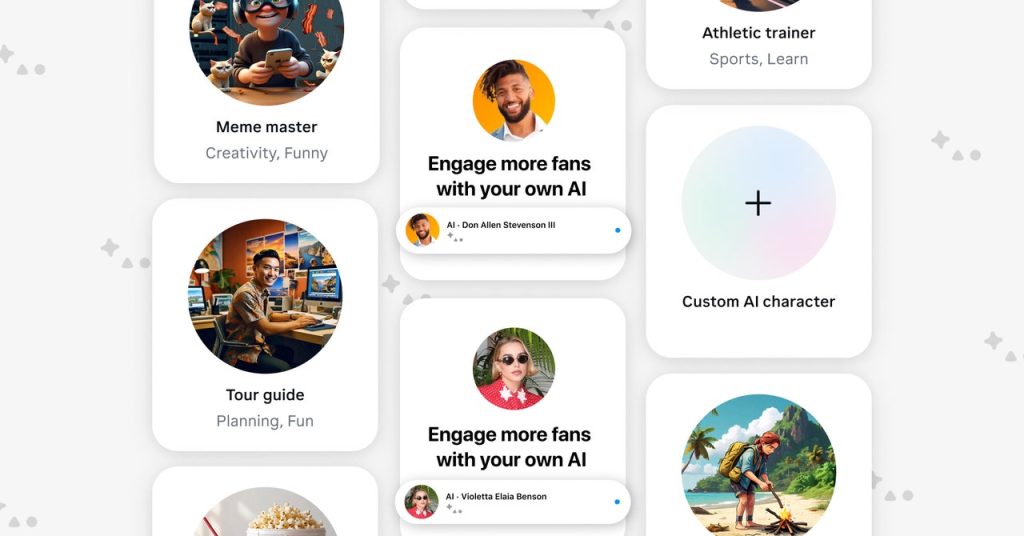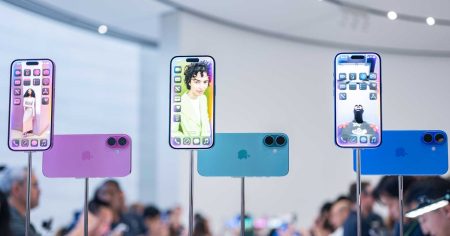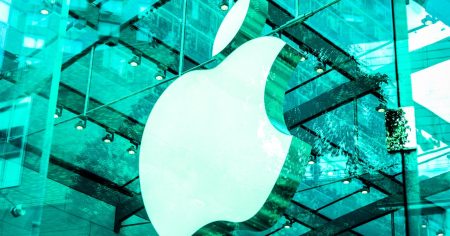Meta’a AI Studio handbook says that users can customize a chatbot by providing a detailed description, along with a name and image, and then specifying how it should respond to specific input. Llama will then draw on those instructions to improvise its responses. Meta says Instagram users can “customize their AI based on things like their Instagram content, topics to avoid, and links they want it to share.”
Over the past year, Meta has become an AI success story thanks to its decision to offer robust AI models for free. Last week, the company released a powerful version of its large language model Llama, providing developers, researchers, and startups with free access to a model comparable to the powerful paid model behind OpenAI’s ChatGPT. The company says its new chatbots are all based on the latest version of Llama.
And yet Meta has struggled to find the right tone and niche for its own AI offerings. Last September, the company launched a range of AI chatbots loosely based on real celebrities. These included a fantasy role-play dungeon master bot based on Snoop Dogg, a wisecracking sports bot based on Tom Brady, and an everyday companion inspired by Kendall Jenner.
These bots failed to become big hits, however, and Meta has retired them. Jon Carvill, a spokesman for Meta, said the company had learned from the earlier experiments. “AI Studio is an evolution,” he said.
There is plenty of evidence that users may find fully customizable bots more compelling. A company called Character AI, founded by several ex-Google employees who helped make breakthroughs in AI, has attracted millions of users to its own custom chatbots.
Zuckerberg also touted other new open source AI advances from Meta at SIGGRAPH. The company has developed a new tool for identifying the contents of images and video called Segment Anything Model (SAM) 2. The previous version is widely used for image analysis. Meta says SAM 2 could be used to more efficiently analyze the contents of video, for instance. Zuckerberg showed off the technology tracking the cattle roaming his Kauai ranch. “Scientists use this stuff to study coral reefs and natural habitats and evolution of landscapes,” he told Huang.
Earlier in the day, in an on-stage interview with WIRED’s Lauren Goode, Huang, the Nvidia CEO, said he would “absolutely” want a “Jensen AI” that knows everything he’s ever said, written, and done. “You’ll be able to prompt it, and hopefully something smart gets said,” he said. He could force stock analysts to pepper the bot—instead of him—with questions about the company. “That’s the first thing that has to go,” he said with a laugh.
Read the full article here









